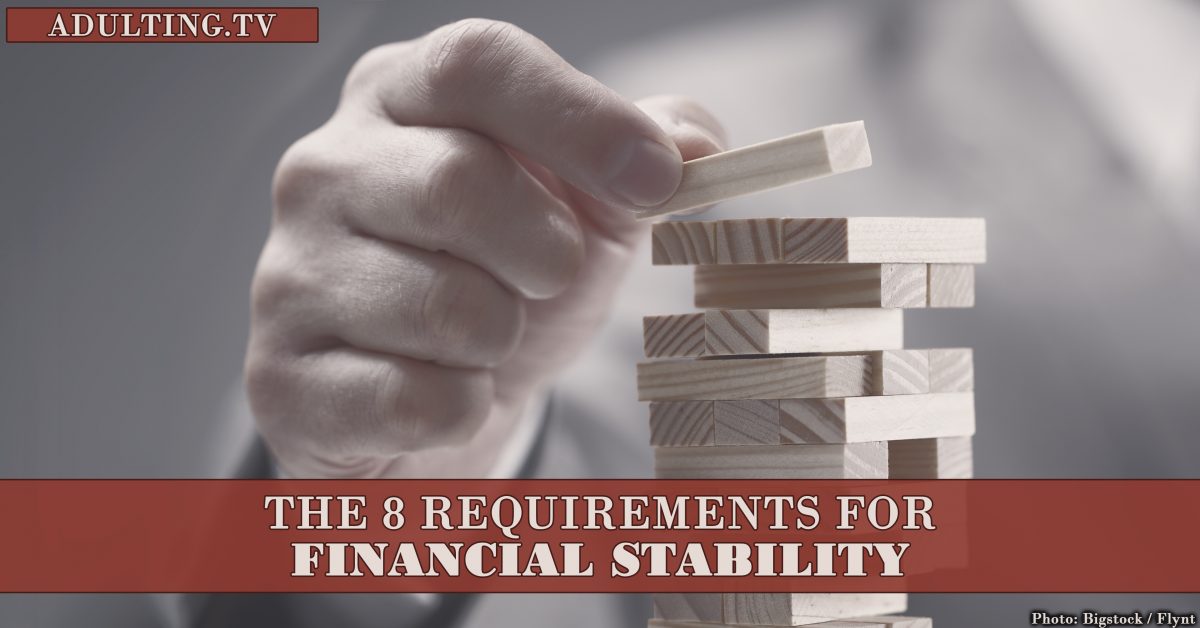No.
As my editor won’t publish one-word articles, please allow me to elaborate.
In our teens, we’re learning the board game of life. In our twenties, we’re going to rule Boardwalk and Park Place. By our thirties, we’re feverishly jumping over chutes and trying to climb ladders. By our forties, we’re only trying to cling to our last remaining territory wondering if the other players are on a secret mission.
It’s tempting to want to be king of the hill. You make all the decisions. You have no one to be responsible to but you. You make all the money. You come and go as you please.
Is that really what it’s like at the top of that ladder or just how it looks when you’re standing at the bottom?
Being the boss isn’t always the best.
Comparisons of being the boss and not being the boss are not like Sophia Tucker’s quote of comparing being rich and being poor: “I’ve been rich, and I’ve been poor. Rich is better.”
To be sure, shit runs downstream, but it’s also lonely (read stressful) at the top.
Once upon a time, I was a tiny cog in a wheel. I put in my 9-to-5, clocked out, and then my day and thoughts were mine. When I became a slightly bigger cog in that wheel 9-to-5 became 7-to-7. Monday through Friday became “and some weekends.” I had more responsibility, more to lose, and more ways to lose.
In an interview for his book, “The Secrets of CEOs,” Steve Tappin said, “The major emotions a CEO has are frustration, disappointment, irritation and overwhelm. There should be a health warning. If you have those emotions for 80 percent of the day, they lead to stress and cortisol in the body, which leads to accelerated aging, heart attacks, and cancer.”
We all know how I feel about cortisol.
When I was a kid, my father was promoted to vice president of sales for a steel company back when vice president wasn’t just a title and selling steel made a living.
He quickly gained weight, was gone a lot, and wasn’t happy. It wasn’t too many years afterward that he quit his job, moved us out of the big city back to his small hometown, and took a role that had a less glamorous title, much less stress, and much more happiness.
“Rich” people are often broke.
It’s a fallacy that more money will alleviate all your personal and financial concerns. For most people, not having enough money isn’t the problem. It’s not spending wisely the money they have that’s the problem.
“Unless you change how you are, you’ll never have more than you’ve got,” said Jim Rohn. People who don’t change themselves often return to their current state no matter what life gives them. This is why 70% of lottery winners go broke after winning their winnings. They had a losing money mindset, and their winnings didn’t change that.
No raise, promotion, or windfall of money will fix your financial problems until you change your money mindset and keep more money than you spend. Just as more money won’t necessarily fix your financial problems, it won’t help with your other problems in life.
Bob Proctor often says that thinking money will make you happy is as misguided as thinking a refrigerator will drive you around town. To think a refrigerator can assume the characteristics of a car is preposterous and so is thinking money will help you acquire happiness.
Climbing the corporate ladder and making more money won’t solve anything unless you know what to do with it.
Happiness isn’t a goal.
If you live in the United States, you’re wealthy compared to the rest of the world. You’re already winning.
If you aren’t happy with what you have today sitting in a cubicle, don’t expect to be happy with what you have tomorrow sitting in the corner office or even The Oval Office. Climbing the corporate ladder can’t make you happy.
Happiness isn’t a goal. We should strive to make happiness a constant state and not a constant goal. The search for perpetual happiness despite our conditions is why my husband and I have adopted a new exercise.
Every time we have a negative thought about any and everything, we must tell or text the other two things we’re happy about to counterbalance that one negative thought.
This is the “yellow car effect.” The yellow car effect happens when you realize how many yellow cars are out there when you start looking for yellow cars. Until then, they seem nearly non-existent.
When you start looking for more happiness in your life, you notice more happiness. When you see more happiness, you receive more happiness in all its shapes and sizes.
There isn’t a template for happiness.
Another fallacy in today’s thinking is that one size fits all. Some people want the house with the white picket fence, 2.2 kids, and a dog. To others, that sounds like a fresh hell.
Some people want the security of a 9-to-5 job, two weeks, vacation, and healthcare. To others, that’s a prison.
There’s nothing wrong with any version of happiness.
Joshua Field Millburn of The Minimalist said, “There is no template for happiness.” It may seem like the CEO has the glamorous life, rich people on television may seem more impressive than you, celebrities may look like they have it all, but everyone’s living their lives like they manage their Facebook feeds.
I had a director of a financial services firm, someone I thought “had it all,” once tell me that no promotion or title ever alleviated the constant concern that he was expendable and that there were dozens of people just waiting to fill his roles. He was climbing the corporate ladder and was miserable.
Without an innate ability to be happy, such stress will make an unhappy person even more unhappy.
So, no, climbing the corporate ladder is not the answer to all your financial and life problems. You are.
You are.





![[A064] Live the Dream: Set Up Your Work From Home Situation](https://adulting.tv/wp-content/uploads/2017/03/a064-1200x628.jpg)

![[B019] Take Back Your Lunch Hour ft. Katie Evans, Pressing Escape](https://adulting.tv/wp-content/uploads/2017/03/take-back-your-lunch-hour-1200x628.jpg)

![[A060] You’re the Person Now: Manage Your Peers Like a Boss](https://adulting.tv/wp-content/uploads/2017/01/a060-1200x628.jpg)


![[B017] Work and Play Abroad ft. Sarah Li Cain, High Fiving Dollars](https://adulting.tv/wp-content/uploads/2017/01/work-play-abroad-1200x628.jpg)